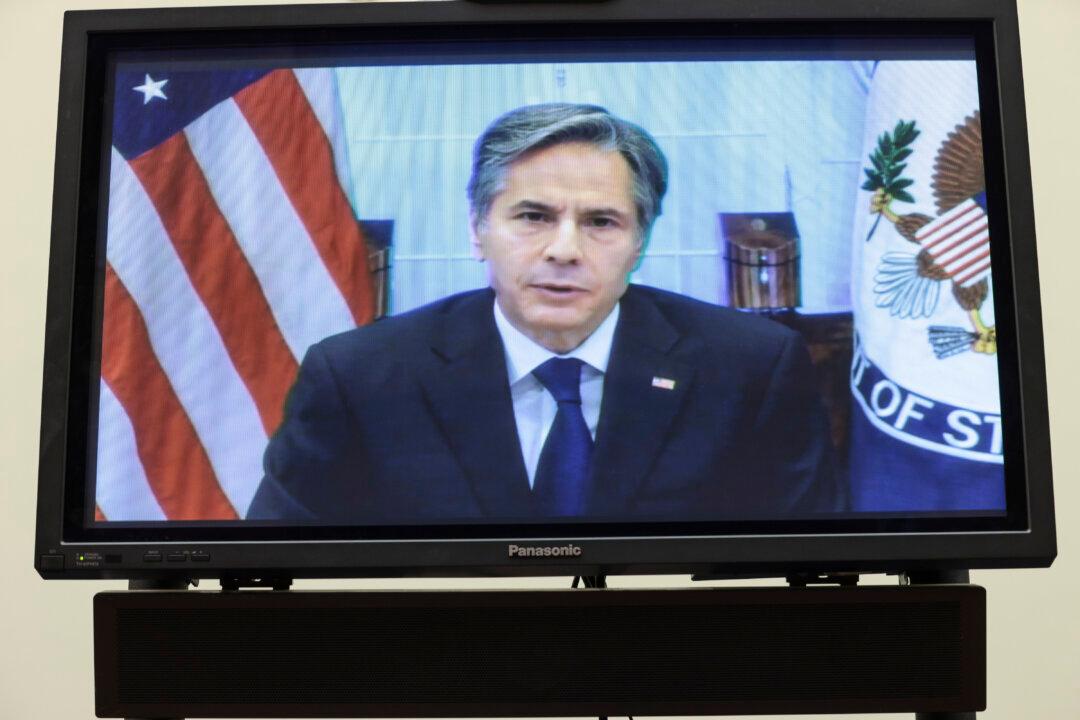During a Monday hearing of the House Foreign Affairs Committee, accusations flew from partisans on both sides of the political aisle. Democrats, hoping to defend President Joe Biden’s unpopular handling of the withdrawal, blamed the Trump administration for the catastrophe. Republicans, riding the wave of increased apprehension toward Biden after the fiasco, went on the offensive, blaming Biden and Secretary of State Antony Blinken for their handling of the situation.
Rep. Gregory Meeks (D-N.Y.), the chairman of the committee, said in his opening statement that “disentangling ourselves from the war in Afghanistan was never going to be easy.”





